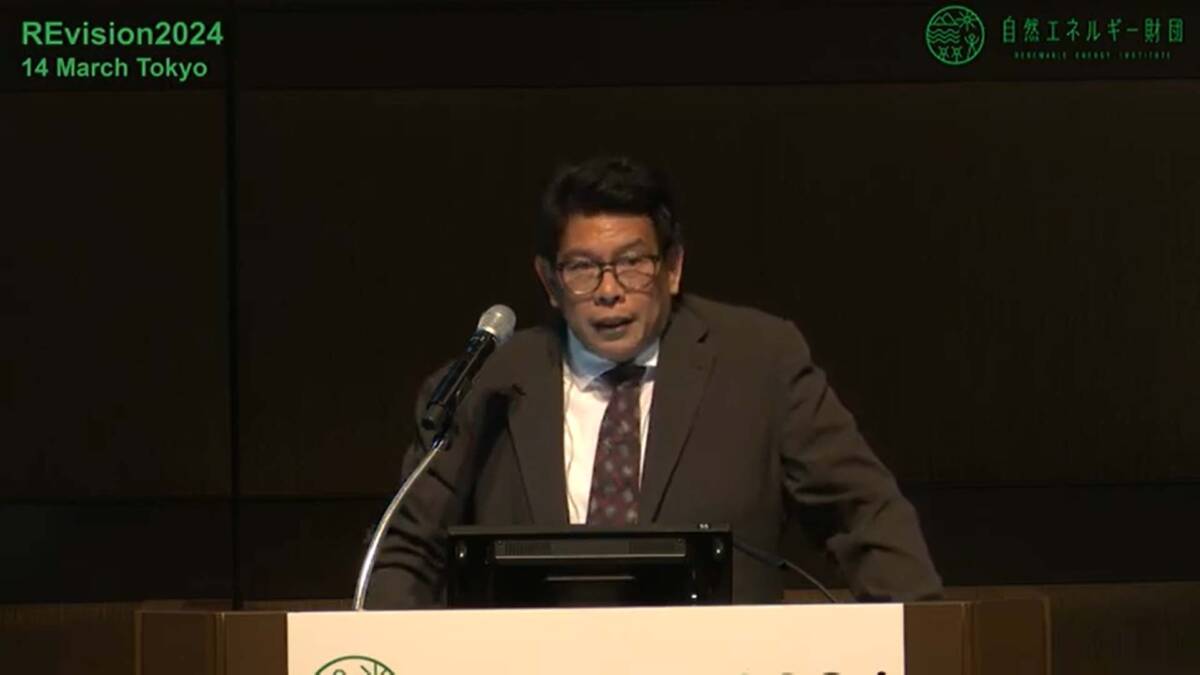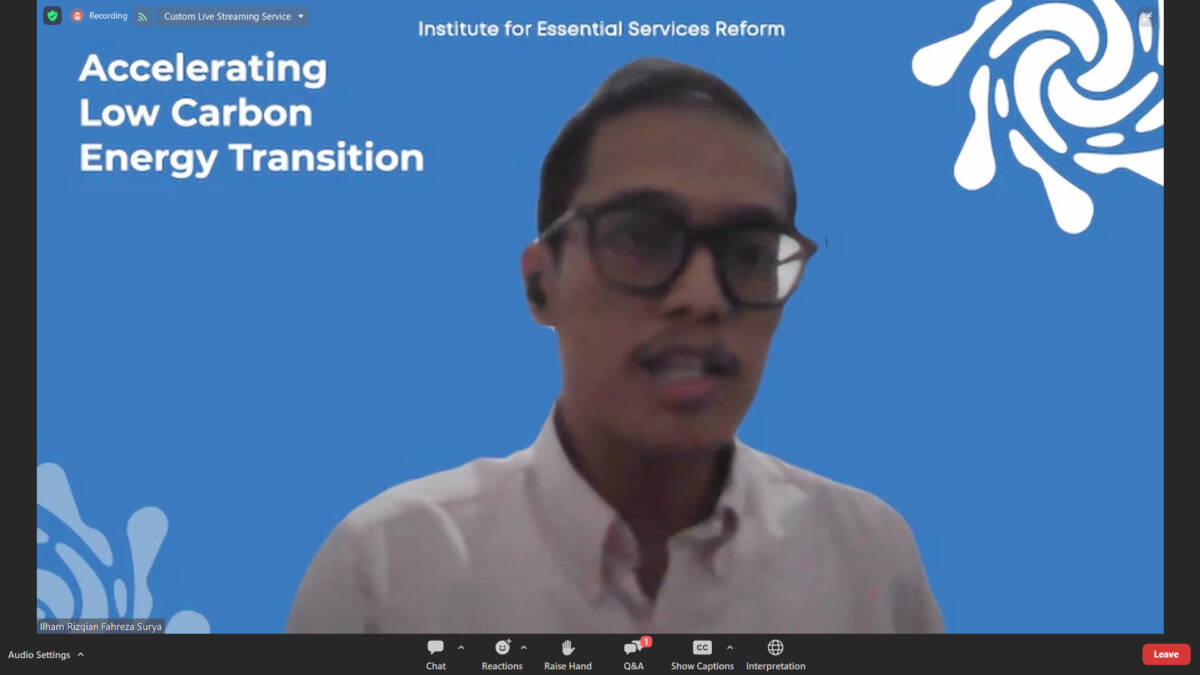Coal-fired Steam Power Plants (CFPP) are still a choice that is difficult to avoid due to the low cost factor. Read more on Bisnis Indonesia.

Jakarta, March 27, 2024-Southeast Asia is a world's fifth-largest economy region in 2022. However, this economic growth comes with a concerning projection: greenhouse gas (GHG) emissions in the region are expected to soar by 60 percent by 2050. Curbing these emissions is pivotal for global efforts to combat climate change. Unfortunately, current endeavors to promote…

Jakarta, February 29, 2024 - The aspect of justice in energy transition is closely tied to community involvement in the process, particularly in preparing communities in coal-producing areas. Civil society organizations, as entities that closely engage with both the community and the government, play a significant role in urging the government to adopt participatory policies…

Delima Ramadhani, Climate Policy Project Coordinator, IESR presents the results of the CAT assessment of Indonesia's climate policies, targets and actions
Jakarta, January 31, 2024 - According to the Climate Action Tracker (CAT) report, the climate policies, actions, and targets outlined in Indonesia's 2023 Nationally Determined Contribution (NDC) document as "critically insufficient" to limit global…
Playback Recording
Background
Between 2021 and 2022, the Intergovernmental Panel on Climate Change (IPCC) issued reports from three working groups, all of which uniformly conveyed that there is already scientific evidence related to the climate crisis and its impact on the Earth. One of the key findings of the report is that greenhouse gas…

Jakarta, 13 June 2023 - To reach energy security sustainably and to face challenges of global climate change, Indonesia’s chairmanship in 2023 needs to be a strong leader in the decarbonization efforts of the energy sector in Southeast Asia. region. Institute for Essential Services Reform (IESR) views that Indonesia can further its regional cooperation and…

Jakarta, May 16, 2023 - As the Chair of ASEAN in 2023, Indonesia can engage civil society in enhancing ASEAN's relevance in various aspects aligned with global development challenges. These include increasing ambitions for regional climate targets, developing renewable energy, and promoting sustainable development.
The Institute for Essential Services Reform (IESR) believes that following the…
Indonesia's efforts in developing renewable energy must be more optimal, with breakthroughs and unusual methods. It is deemed necessary, especially in line with the Paris Agreement. Indonesia can achieve the target of reducing greenhouse gas emissions with various alignment efforts.
Read more at Kompas.id.
The Institute for Essential Services Reform (IESR) stated that the potential for empowering renewable energy in line with the Paris Agreement is likely to be implemented in Indonesia with the right policies.
Read more on ANTARA.

Pesan IESR untuk Delegasi Pemerintah Indonesia di COP UNFCCC 25
Suhu Bumi Semakin Panas: Indonesia dapat melakukan transformasi perekonomian sebagai upaya pembatasan kenaikan suhu bumi dan pencapaian net-zero emission sesuai target Paris Agreement.
Jakarta, 29 November 2019 -- Menjelang Konferensi Perubahan Iklim PBB atau COP UNFCCC yang ke 25 di Madrid pada 2-13 Desember 2019,…
